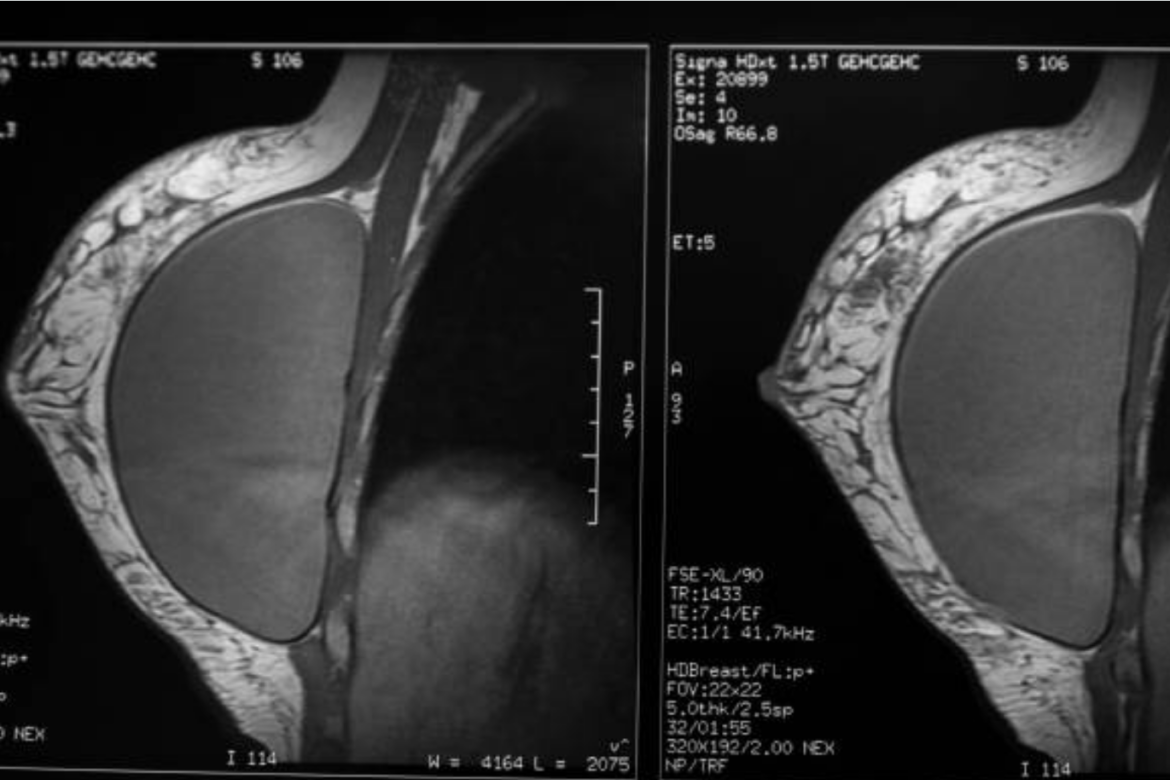Women choose to get breast implants, either for breast reconstruction but more overwhelmingly for cosmetic reasons. Recently there has been a good deal of news coverage about a connection between breast implants and cancer. This relates to a report that the FDA has released regarding women with breast implants developing a specific type of cancer called Breast Implant-Associated Anaplastic Large Cell Lymphoma.
It should be noted that this is not a type of breast cancer, but a type of lymphoma, which is a cancer of the immune system. In most cases, the lymphoma is found in the implant scar tissue or in the fluid around the implant.
The FDA first identified an association between breast implants and Anaplastic Large Cell Lymphoma in 2011, but at the time there were so few cases that it was difficult to determine exactly what the risk factors were. The FDA now has more than 400 reports of women who develop this Lymphoma after having a breast implant surgery.
While research is certainly ongoing, data suggests that this type of lymphoma occurs more frequently with breast implants that have textured surfaces rather than smooth surfaces. Although this is a concern for women with breast implants, it should be noted that the risk of developing this type of lymphoma from a textured implant varies from 1 in 4,000 to 1 in 30,000. Therefore, it is quite rare. But never the less, women with breast implants need to be aware of the possibility.
When should YOU be concerned? Patients with implants should consult with their surgeon, if they experience the following symptoms, especially if it has been over a year since the implant surgery:
- Persistent swelling or enlargement.
- Spontaneous fluid collection.
- Difference in size between the breasts.
- Contractions or change in breast shape.
- A lump or lumps under the skin of the breast with the implant.
- Redness of the breast, not due to infection.
Finally, treatment includes surgical removal of the implant and cancer. When caught early, this type of lymphoma is usually curable.
*Public Service Information taken from written studies and published data.
